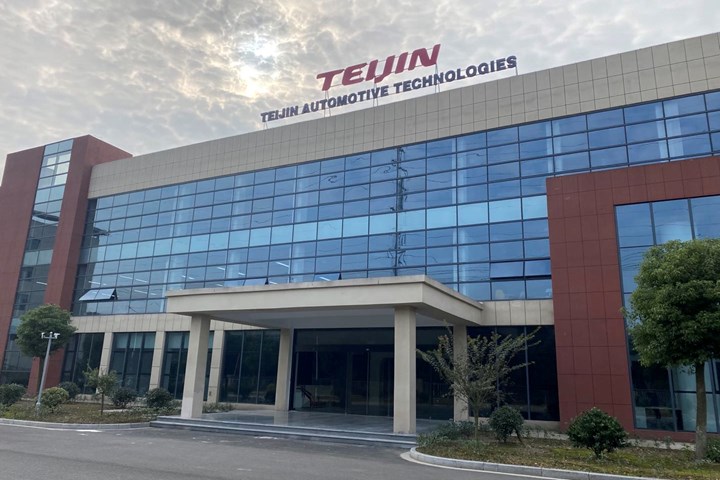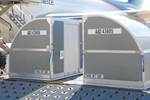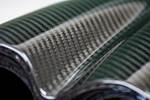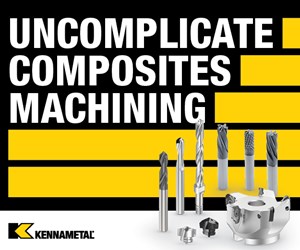Teijin Automotive Technologies expands composites footprint in China to meet growing demand for EVs
Construction and commercial operations of two new composites manufacturing facilities in Changzhou and Shenyang to support automotive customers globally, with targeted annual sales of $2.0 billion by 2030.

Teijin Automotive Technologies’ Changzhou-based composites manufacturing facility to begin commercial operations. Photo Credit: Teijin Automotive Technologies
On Feb. 14 Teijin Automotive Technologies (Tokyo, Japan), the brand unifying five automotive materials companies and the core company of Teijin Group’s automotive composites business, announced that it has begun commercial operation of a new 39,000-square-meter composites manufacturing facility in the Wujin National Hi-Tech Industrial Zone based in Changzhou, Jiangsu province, China. The company also announced that it is constructing a third plant in China, based in the Technological Development Zone of the Tiexi District in Shenyang, Liaoning province, and will begin operating this plant, with 13,000 square meters of work floor space, in the summer of 2023.
Teijin Automotive Technologies selected the Changzhou and Shenyang areas for its new plants because of their close proximity to the production facilities of several major European, U.S. and Chinese automakers. Teijin believes both plants will help meet the growing demand for composites components, further amplified through the growth of the electric vehicle (EV) market in China. The two plants will significantly boost the company’s ability to supply lightweight, safe, energy-efficient and durable composite components, which are reported to be indispensable for environmentally friendly vehicles.
With the second plant’s startup and the third plant’s construction, Teijin Automotive Technologies is actively strengthening its position as a global leader in automotive composite applications. Concurrently, the company is developing applications for advanced composite materials and processes to support its automotive customers’ challenges of achieving ambitious weight and CO2 reduction targets, and lower EV production costs. Teijin is targeting annual sales of $2.0 billion for its automotive composite products business by 2030.
Teijin Automotive Technologies has been manufacturing automotive composites and glass fiber sheet molding compounds (GF-SMC) in China since 2015, mainly for EV battery covers, battery shields, underbody shields, structural inner panels and exterior body panels.
Related Content
-
Troubleshooting thermal design of composite battery enclosures
Materials, electrical insulation and certification are all important factors to consider when optimizing electric battery performance against potential thermal runaway.
-
Protecting EV motors more efficiently
Motors for electric vehicles are expected to benefit from Trelleborg’s thermoplastic composite rotor sleeve design, which advances materials and processes to produce a lightweight, energy-efficient component.
-
Materials & Processes: Fibers for composites
The structural properties of composite materials are derived primarily from the fiber reinforcement. Fiber types, their manufacture, their uses and the end-market applications in which they find most use are described.










.jpg;maxWidth=300;quality=90)


